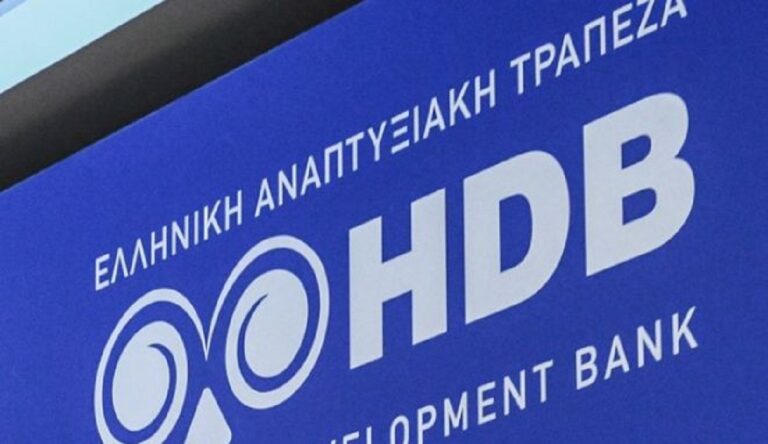Anew EU framework is paving the way for changes to the VAT exemption regime for small businesses and self-employed professionals, aiming to boost the competitiveness of SMEs and simplify cross-border trade procedures.
The European Union’s updated VAT Directive, which is expected to be transposed into national law, sets the stage for an increase in the annual turnover threshold that allows businesses to sell goods and provide services without charging VAT.
Key Provisions of the Directive
According to sources, one of the scenarios currently under consideration involves raising the current domestic turnover threshold for VAT exemption from 10,000 euros to around 15,000 euros. This would broaden the number of small businesses eligible for exemption within their own country.
Officials emphasize that any adjustment will be measured, as a significant increase could result in too many businesses being exempted, potentially reducing public revenue.
Under the Directive, EU member states can set a domestic VAT exemption threshold of up to 85,000 euros in annual turnover. For businesses operating across more than one member state, the cap rises to 100,000 euros.
This new system is expected to significantly reduce administrative burdens for small businesses, strengthen their competitiveness, and facilitate expansion into other EU markets by removing bureaucratic barriers.
Implementation and Next Steps
To help businesses prepare, Greece’s Independent Authority for Public Revenue (AADE) has issued an informational bulletin outlining the upcoming changes. The goal is to ensure small enterprises are ready to take advantage of the new, more favorable regime once it is officially adopted into Greek law.
How the System Will Work
To be included under another EU member state’s special SME VAT regime, a business will only need to submit a notification request to its national tax authority. This request must include data on its past and current year transactions across all EU member states.
Because these are VAT-exempt activities, businesses opting into another member state’s SME regime will be required to submit quarterly reports to their home country’s tax authority. These reports will detail their transactions each quarter, allowing authorities to monitor compliance with both domestic and EU-wide exemption thresholds.
Source: tovima.com









































